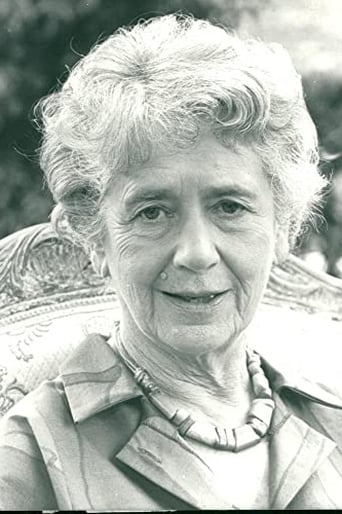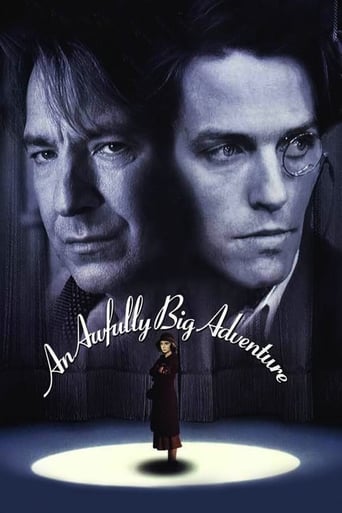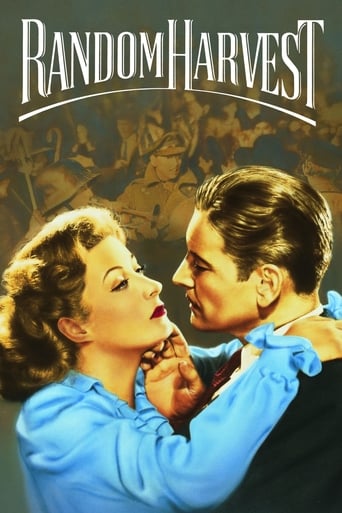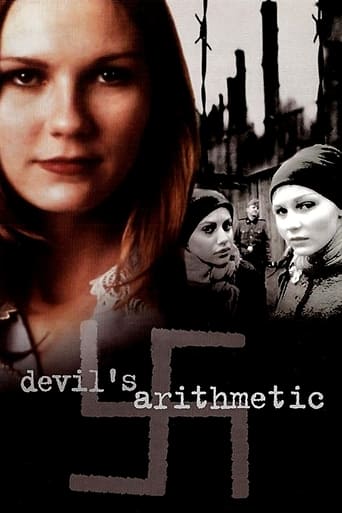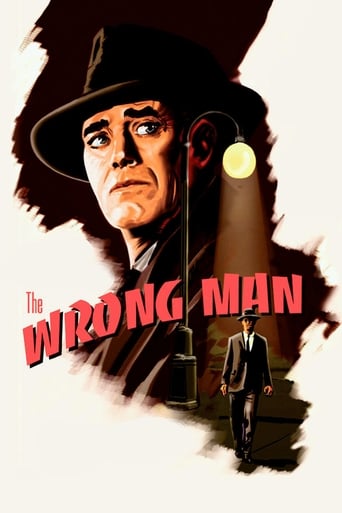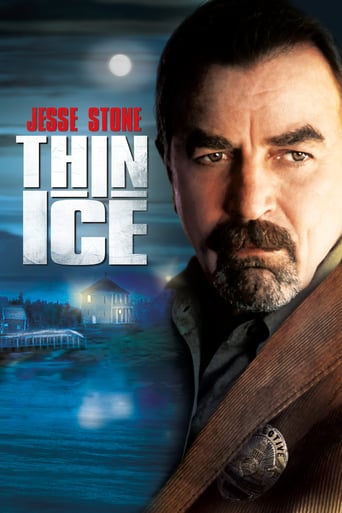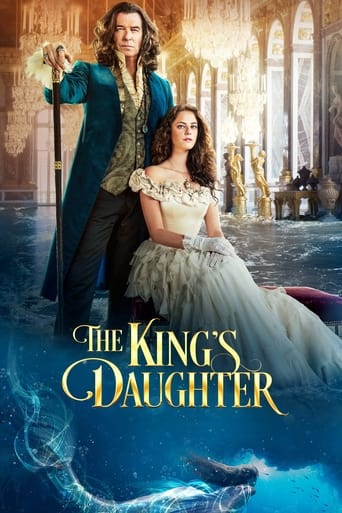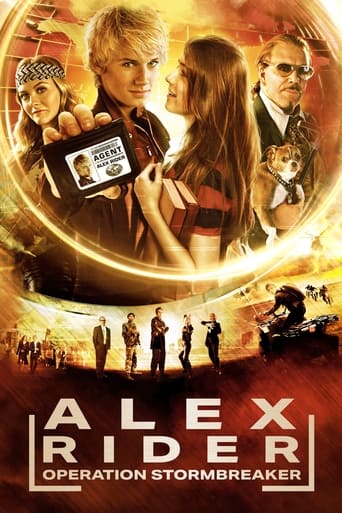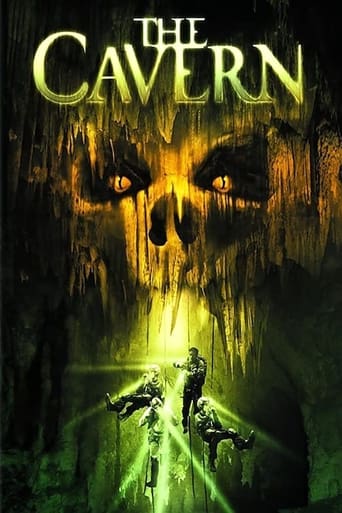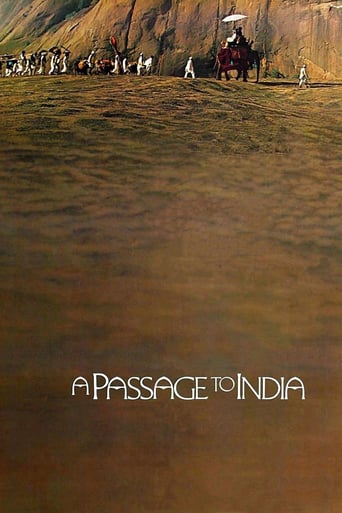
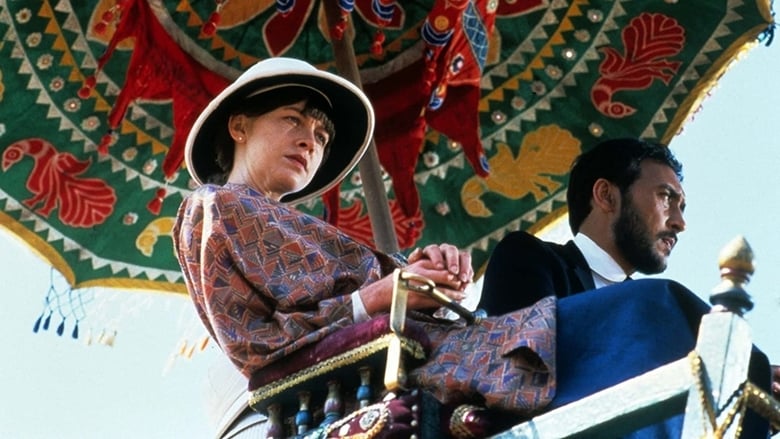
A Passage to India (1984)
Set during the period of growing influence of the Indian independence movement in the British Raj, the story begins with the arrival in India of a British woman, Miss Adela Quested, who is joining her fiancé, a city magistrate named Ronny Heaslop. She and Ronny's mother, Mrs. Moore, befriend an Indian doctor, Aziz H. Ahmed.
Watch Trailer
Cast
Similar titles
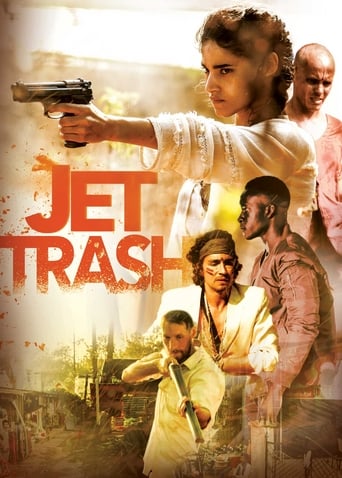
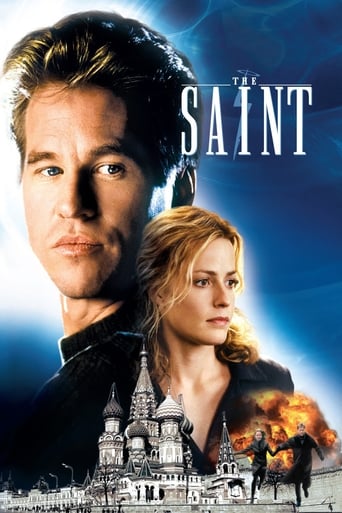
Reviews
hyped garbage
I cannot think of one single thing that I would change about this film. The acting is incomparable, the directing deft, and the writing poignantly brilliant.
It's entirely possible that sending the audience out feeling lousy was intentional
The joyful confection is coated in a sparkly gloss, bright enough to gleam from the darkest, most cynical corners.
The British colonial authorities use a contrived incident to stage a show trial to prove Indian inferiority and thereby further justify Britain's continued colonial occupation of India. Through clever directing, this movie appeals to the audience's sense of outrage at the British who are impervious to the loud and widespread demands that they leave India. The tension between the Indians and English soon becomes apparent. it is this tension that becomes the basis for the drama that unfolds. A young woman arrives in India and confronted by her own sexuality has a mental breakdown and accuses her companion, an Indian physician, of attempted rape. This allegation further widens the rift between the Indians and the British, and intensifies calls for the British to leave. This in turn makes the British even more determined to put the doctor on trial and get a conviction. The Indian defense counsel considered the trial a sham, protests get louder, yet the British continue undaunted. This sets the stage for even more dramatics, which will not be discussed here. To find out the exciting conclusion to this story, and how tensions,, get resolved, watch the movie. This movie is a great work of art.
I identify quite a bit with this film. I've never been to India, but beginning in the mid-1980s I began frequent long summers in Thailand, and then lived there for a couple of years after retirement. Some of the same themes I see in this film I confronted in Thailand. You might think that odd since we are talking about almost a century apart from the novel and my travels, but the feeling not at home in a different culture could sometimes be pervasive. Being looked at as a foreigner was a common theme. And I often got off the beaten path and visited some pretty remote places...often alone...and a few times I felt sort of like the character Adela when she visited the overgrown Indian temple and was frightened by the monkeys.To begin with, this is one of those marvelous tales told by one of filmdom's greatest directors -- David Lean. It is, perhaps, not as ground breaking as "Dr. Zhivago" or "Lawrence Of Arabia", but it surpasses all his other films due to the haunting story so well told and the exquisite photography.It's a rare story that has so many interesting characters. The most interesting is Mrs. Moore, as played by Peggy Ashcroft. She is one of two characters in the story/film who seem to have a gut understanding of India and the unfairness of the British occupation. As Professor Godbole says, Mrs. Moore is a very old soul, and implies that in a former life she may very well have lived in India. Ashcroft is wonderful in this film! And, to a degree, the entire plot of the story revolves around her...even in death.The other character who understands things as Mrs. Moore does is Richard Fielding, as played by James Fox, the teacher. He doesn't hold to the strict class lines in the India of the time. I've always enjoyed Fox's roles in film, and this is certainly no exception.The third most interesting character is Dr. Aziz Ahmed, as played by Victor Banerjee. Ahmed, a doctor of the Muslim faith, is torn between disliking the British, and being open to them and their culture. He is particularly drawn to Mrs. Moore. Banerje is excellent here, as well.I wasn't overly impressed with Judy Davis, the young lady who has the breakdown in the caves, but she played the role satisfactorily.The one casting I disagree with here is of Alec Guinness as the weird Professor Godbole, a Hindu. Guinness does a fine job with the role...actually quite amusing, but why did David Lean have to cast a White person when there are so many talented Indian actors? Of course, the answer is that Lean and Guinness go way back. But I still think it was a poor casting choice.Nigel Havers does nicely as the Brit with the stiff upper lip as he is jilted twice. He is key to understanding the attitude problem the British had toward the Indians.Clive Swift was great at being the stone-faced British official...but we had no idea whether he had any actual acting ability. Ann Firbank, who played his wife, was better at being upper class snooty British.This film is, quite simply, a masterpiece of film-making.
Rewatching A Passage to India after a few years, it is not one of my favourite David Lean films like Lawrence of Arabia, Great Expectations, Bridge on the River Kwai, Brief Encounter and Oliver Twist are, but for a swansong of a great director (one of my personal favourites actually) it's a very good one, but I do remember liking it more on first watch.A Passage to India is not perfect, it ends anti-climactically and parts feel overlong and stretched with some drifting storytelling. This is also a rare case where the normally great Alec Guiness felt wasted and miscast, he never convinces in his very underwritten role and the performance is filled with uncharacteristically over-stated mannerisms.However, Lean directs superbly and the film is lavishly made with typically luscious cinematography, lavish period detail and some of the most gorgeously evocative scenery of any Lean film (in a filmography of films filled with gorgeous scenery). Maurice Jarre's music score has been criticised for being an ill-fit, for me while lacking the Indian flavour and a tad too jaunty in the credits it is sumptuously scored, soaringly epic, sounds glorious and evokes a lot of emotion. The script is literate and very beautifully written, capturing the essence of Forster's writing while not feeling overly wordy or heavy, while the story is rich in atmosphere and explores the important themes of colonialism, relationships between cultures and the British Empire and its imperialism in a subtle but powerful way.The film has been criticised for its pacing, and while there are a few draggy moments due to a few scenes feeling too stretched the main reason for the deliberate pacing was most likely for the viewer to soak up the setting and its atmosphere, A Passage to India does this brilliantly (and this is true for Lean's work in general as well). The part covering the trial is mostly fantastic but could have been longer, and the characters and their interactions are fascinating and well-realised. The acting is truly excellent, Peggy Ashcroft rightfully won an Oscar for her divine performance (especially in the temple scene) and Judy Davis is every bit her equal in a difficult but impulsively and movingly played performance. James Fox is remarkably thoughtful and sympathetic in his role, and Victor Banerjee gives his caricature role a real expressivity.Overall, a very good swansong from Lean and a very good film. 7.5/10 Bethany Cox
Different, strange and slow. Long road to the platеаu over which the karma is bringing you in Indian way and the destiny in European. It does not matter how hard you try the outcome is always getting there. Where you might ask? Close to yourself.This movie touches historical and political themes, even its naivety it represent the difficulty of human relationships provoked by youth and uncertain future. Shortly lived, the protagonists had parts of their past in them which navigate their behavior. Only when these parts are well milled by the mills of experience and building strong individuality they will find peace.The action is taking in beautiful places in oriental India that is opposed to well behaved England. It is questioned which view for what is right is right and can be called objectively such.By leaving aside that I literally tried to help a boat at the end of the movie to become faster and the frequent use of the rain as a symbol of the life little streams that we all live and that are coming with the rain and going to the endless ocean, the movie is nice because it shows which are the values that are left at the end and which behavior is making sense at any point.http://vihrenmitevmovies.blogspot.com/


